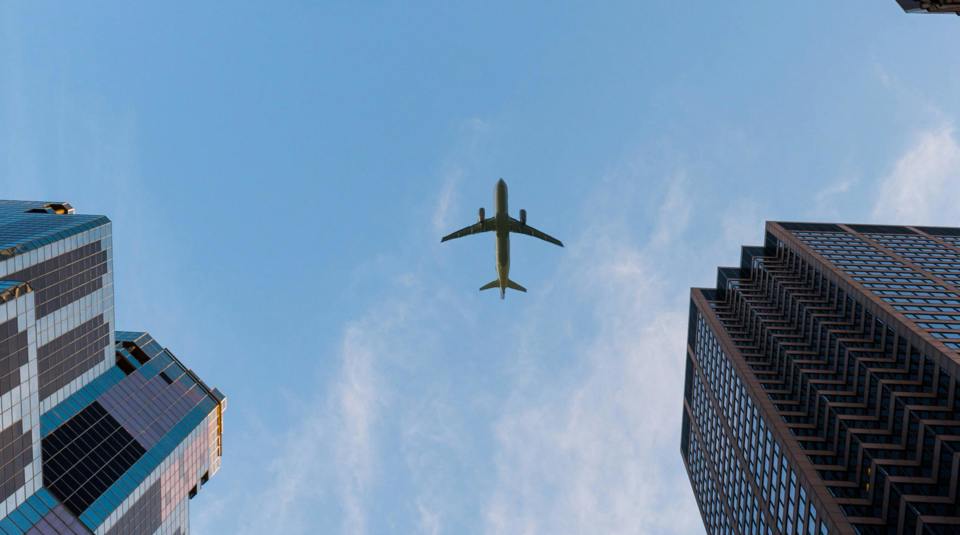Testing of sewage for infectious diseases, known as wastewater-based epidemiology, is used to assess disease burden in communities without the need for individualised testing. It allows for cost-effective, non-invasive and unbiased disease screening of whole communities, and can be deployed in areas traditionally underserved by healthcare surveillance. Aotearoa New Zealand has been conducting wastewater-based surveillance for the presence of COVID-19 since early 2020 and recently extended this work to detect other pathogens.
While the implementation of wastewater-based epidemiology in large communities has been well established, much less focus has been placed on local-scale testing. This includes sampling from planes and individual buildings. This is a key gap in our pandemic preparedness because it is now well established that wastewater testing can play a hugely important role in monitoring for current and emerging disease threats.
The ability to roll out wastewater testing at localised scales at the beginning of an outbreak with an established understanding of the sampling methodology and frequency needed would improve likelihood of detection.
This is important for smaller, vulnerable communities, especially those not connected to large municipal wastewater treatment plants, who could suffer out-sized and inequitable impacts due to undetected disease spread.
The first and most important step in this ESR-led Te Niwha project will be to engage with Tāngata Whenua, Pacific Peoples, local communities, airlines, government and public health organisations to establish whether wastewater testing is of value to them. The team will consider the ethical implications, the most appropriate actions to be taken in response to results generated, and the pathways for dissemination of results. There will be tikanga precedents from previous studies on waste, water and data sovereignty in action.
The practical focus of this mahi rangahau is appropriate and effective means for implementation of wastewater analysis in smaller-scale settings. This sampling closer to the source and of smaller populations could allow new opportunities for early detection of infectious diseases, for confirmation of the elimination of diseases, and for better public health understanding of underrepresented populations.
Sampling at small scales is potentially controversial, therefore one of the team’s main goals will be to understand the ethical implications of small-scale testing and mitigate the risk of marginalisation or stigmatisation. They will undertake risk assessments from both person-to-person transmission and from the wastewater itself to individuals who come into contact with it.
Research Impact
WBE made a significant contribution to Aotearoa New Zealand’s response to the COVID-19 pandemic, but was based primarily on analysis of samples collected from wastewater treatment plants. This project will extend that impact to include samples from aircraft and small-scale sites such as individual buildings and facilities.
The key outcomes of this mahi will be:
- Māori and Pacific People’s views of wastewater testing at different scales are broadly canvassed, recorded and disseminated.
- Aotearoa New Zealand and Pacific Nations become integral members of global wastewater efforts focussed on the border (aircraft and airports).
- The logistics, detection sensitivity and sampling methodology for wastewater monitoring at small scales in Aotearoa are established, ready for deployment if/when required.
- The ethical, social and practical risks and benefits of WBE at various scales are thoroughly investigated.
- A true tūhonotanga is established around the future of wastewater testing in Aotearoa New Zealand.
Together, this aircraft and localised sampling work will seek to overcome a number of technical, social and cultural issues that need to be addressed before WBE can be implemented in these settings, preparing communities to better respond to emerging pandemic and infectious disease threats in a strong and unified way.
Te Niwha is the response to the Strategic Science Investment Funding Programmes (SSIF) call to develop an Infectious Diseases Research Platform. Te Niwha is co-hosted by the Institute of Environmental Science and Research (ESR) and the University of Otago.

